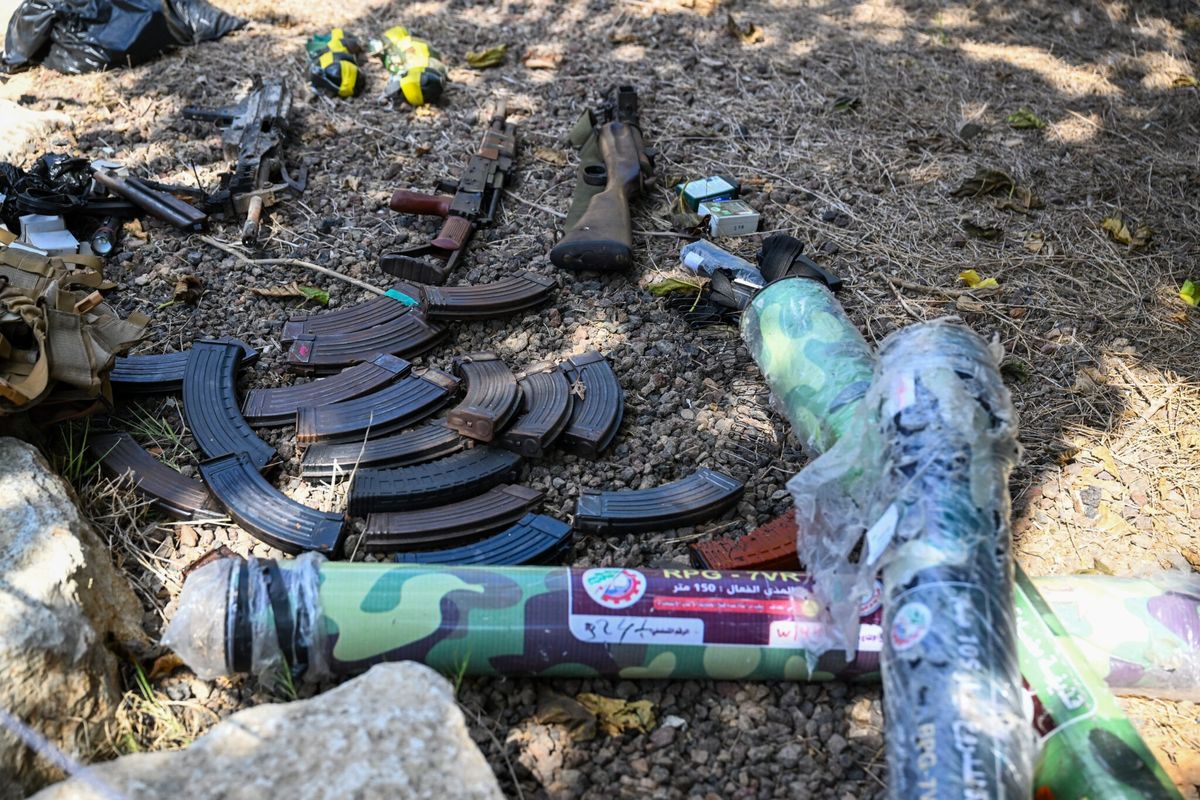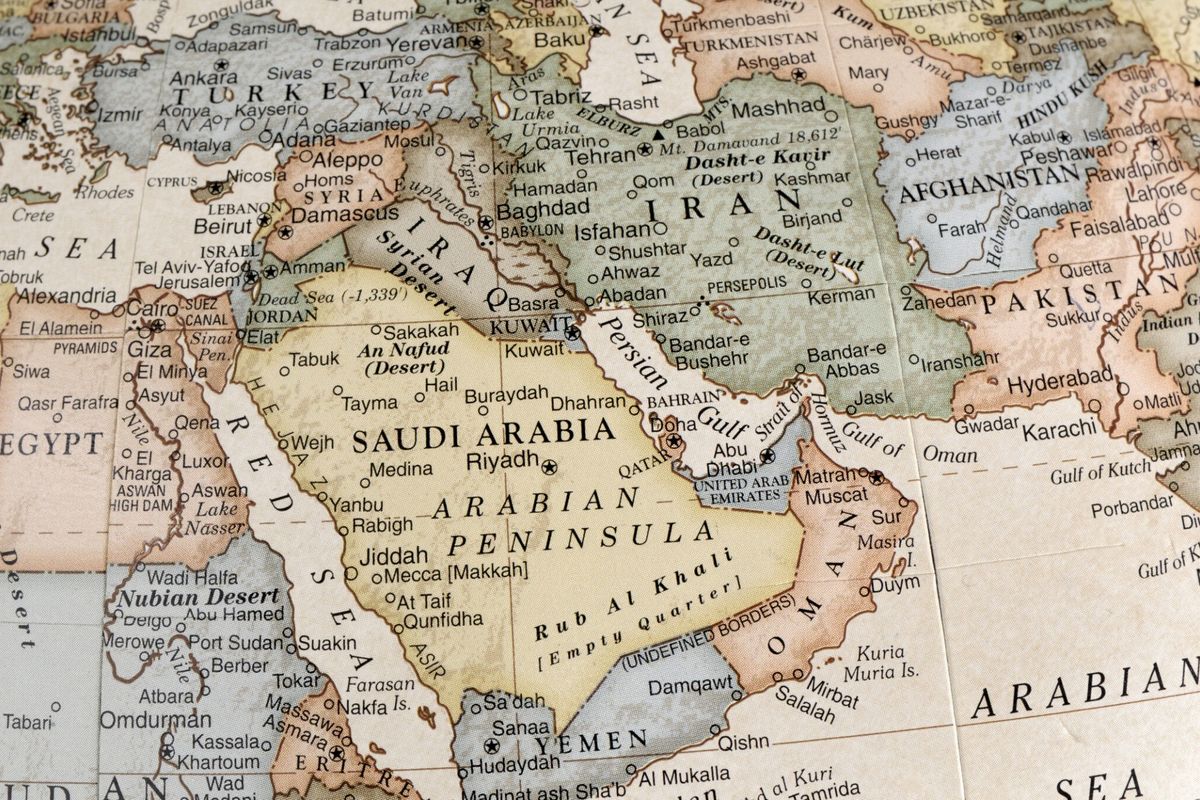The Arab Spring was the beacon of hope that would free millions from the grip of autocratic rulers. At first, it looked promising. One by one, the dictators fell: Zine El Abidine Ben Ali in Tunisia, Hosni Mubarak in Egypt, Moammar Khadafy in Libya, Ali Abdullah Saleh in Yemen. Many believed Bashar Assad’s days were numbered in Syria. Democracy, or at least a form of it, would blossom and prevail.
Five years since a fruit vendor set himself ablaze in Tunisia, great swaths of the Middle East and North Africa remain in chaos. Libya, Yemen and Syria are effectively leaderless and wracked by civil war. A former military strongman controls Egypt. Only in Tunisia, where it all began in December of 2010, is there a semblance of democracy.
Leaders in the Persian Gulf states continue to maintain their absolute grip on power, suppressing any calls for changes. A 2012 uprising in Bahrain was squashed with the help of Saudi forces.
The Kings of Jordan and Morocco have managed to keep their heads above water, implementing enough reforms to keep protesters at bay. And for the most part, Lebanon and Algeria have dodged the Arab Spring protests, their citizens seemingly unwilling to engage in a new conflict, with the memories of their long civil wars still fresh.
Terrorists are enmeshed in just about every country in the region. ISIS (Islamic State of Syria and Iraq)—an outgrowth of the dismembered al Qaeda in Iraq—first took hold in Iraq and then spread to ungoverned areas of Syria. Its supporters are now gaining ground in Yemen, Egypt, Libya and elsewhere, where al Qaeda affiliates also have a presence.
Sectarian strife, effectively stifled by the iron grip of authoritarian rule, has now reared its ugly head, pitting Shia against Sunni against Kurds.
Here’s a snap shot of the current status of the key Arab Spring nations:
Tunisia: Since the demise of Ben Ali, a new constitution was enacted, and in 2014, Tunisia held its first free and fair presidential elections since the country obtained its independence in 1956. Tunisia remains relatively stable, with a unified government that includes representation from Islamic groups, but the country has also been plagued by terrorism, particularly this year. A museum attack in March left 21 dead, a gunman murdered 38 people at a beach resort, and a bus bomb killed 12 military guards in November. The Islamic State has claimed responsibility for all three attacks.
Egypt: The departure of Mubarak paved the way for the election of Muslim Brotherhood leader Mohamed Morsi. But Morsi’s power grab and proposed Islamic constitution reignited public demonstrations. He was deposed in a military coup led by his Defense Minister, Abdul Fattah al-Sisi. A new constitution was passed and al-Sisi, who since retired from the military, was elected President. Many feel Egypt has gone full circle, returning to an authoritarian regime, and crackdowns on the press and political opposition.
Egypt has also faced extremist attacks, mostly in the Sinai, where ISIS now appears to have some support. In October, ISIS claimed responsibility for bombing a Russian passenger jet soon after it departed from the resort city of Sharm el Sheikh, leaving 224 people dead.
Syria: The region wide protests eventually landed in Damascus, with the call for the removal of Assad. The country disintegrated into civil war and sectarian conflict. The brutality of the conflict has led to more than 200 thousand deaths, 13.5 million Syrians in need of humanitarian aid, 4.3 million who have fled the country and 6.6 million that are internally displaced.
ISIS gained a foot hold in the country, setting up its headquarters in the city of Raqqa and controlling much of the northern and eastern sections of the country. Western supported rebels, the al Qaeda affiliate al Nusra, and Syrian Kurds dominate in various regions of Syria. Assad remains in power although controlling far less territory.
Libya: The opposition to the rule of longtime strongman Khadafy, and with the help of a U.S. led coalition, Khadafy was forced out of power and was eventually killed by the rebels. The country has been in disarray since Khadafy’s demise. Two competing forces vie for power: an internationally recognized government in the eastern city of Tobruk, and an Islamist supported one in the capital of Tripoli. Taking advantage of the turmoil, ISIS supporters have made inroads into the country, now controlling the city of Sirte and nearby oil fields.
Yemen: Saleh was forced from power after 30 years at the helm, but his successor, Abdrabbuh Mansour Hadi, has had difficulty dealing with the country’s dire economic situation, a rising insurgency and the disruptive al Qaeda affiliate, AQAP. Earlier this year, Hadi was temporarily forced into exile by Houthi militias who took control of the capital city of Sanaa and much of Northern Yemen. A Saudi led coalition has intervened on Hadi’s behalf, launching an air campaign against the Houthis.
So what’s being done to turn the tide and bring stability to the region?
The influx of refugees to Europe and the ISIS inspired attacks in Paris and San Bernardino, as well as the downing of the Russian passenger jet in the Sinai, have created a new sense of urgency on the part of the international community to find a solution to the regional crisis.
In Syria, regaining territory captured by ISIS and establishing a peace process are at the forefront. The U.S. led coalition has been slammed for providing what many consider minimal support to the west-leaning rebels during the past five years. President Barack Obama recently announced he was sending a small contingent of American special forces to help with the targeting of U.S. airstrikes against ISIS. However, further complicating matters is the Russian decision in September to enter the fray in an effort to prop up the Assad regime. Although President Vladimir Putin maintains Russian airstrikes in Syria are against ISIS forces, many of the attacks have hit the moderate rebels who oppose Assad.
Efforts to set up peace talks among the warring parties in Syria have repeatedly failed. After lengthy discussions between U.S. Secretary of State John Kerry and Russian President Vladimir Putin in Moscow this week, an agreement was reached to resume negotiations on Friday in New York with other nations that are seeking a political settlement in Syria. But deep divisions remain over which rebel groups would be allowed to participate in eventual peace talks and the fate of Assad. Although the U.S. favors the removal of Assad from power, Kerry told reporters, “regime change is not the objective.” Russia maintains only the people of Syria can determine who should lead the country.
Libya, similar to Syria, remains plagued by violence and faces the prospect of becoming an ISIS stronghold. The threat posed by ISIS appears to be behind an agreement reached on Thursday between the two rival governments in Libya to share power. If all goes as planned, the new unified government would be in place by February. Diplomats from the U.S., Europe, North Africa and the Mideast have endorsed the plan and have indicated economic aid and arms would be forthcoming. However, rival factions within the two governments could very well end up torpedoing the deal.
In Switzerland, a separate effort is currently underway to bring an end to the fighting in Yemen. The UN sponsored talks mark the first face-to-face discussions between representatives of the Yemeni government and Houthi rebels. The warring parties agreed to a ceasefire, and the Saudi’s paused their air campaign in advance of the negotiations. However, the prospects for a resolution of the crisis appear slim.
On another front, U.S. Defense Secretary Ashton Carter is touring the Mideast seeking to persuade Turkey, Persian Gulf states and European allies to do more to fight the Islamic State. Carter told reporters it was critical for the allies “to get in the game militarily and hasten the destruction of ISIL.”
Separately, Saudi Arabia, on Tuesday, announced the creation of a coalition of 34 predominantly Muslim nations to fight terrorism. An operations center will be set up in Riyadh to coordinate military and security support and to combat extremist messages.
Whether the beacon of hope can be restored in the troubled Arab nations depends on a concerted effort by the international community in general, and the region in particular, to overcome the sectarian divide, mount a serious campaign to wipe out terrorism, and restore stability. Without such an effort, the turmoil of today might be far more widespread and devastating in another five years.
Pam Benson is the Senior Correspondent for The Cipher Brief.













